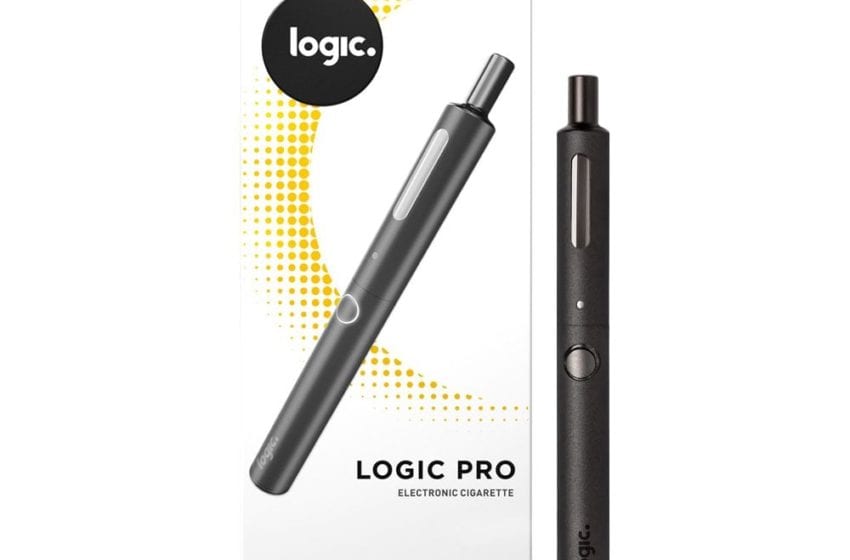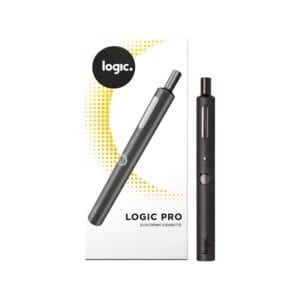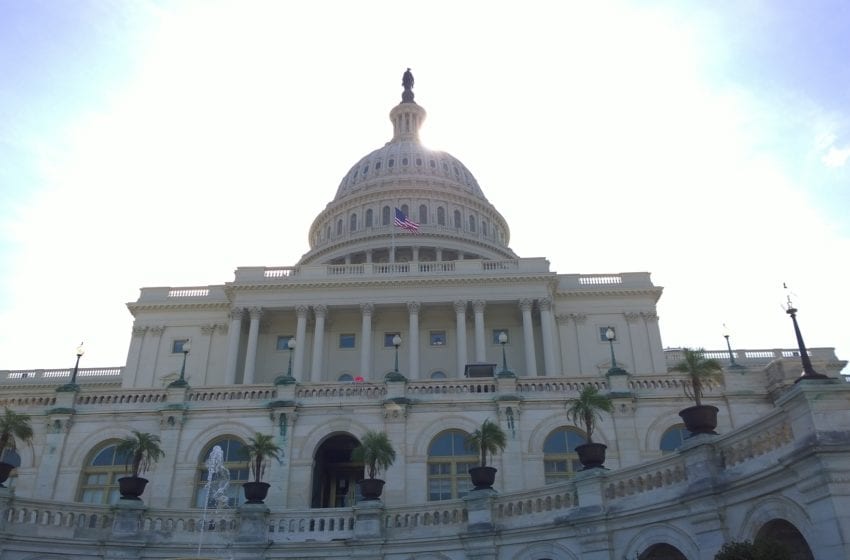When former President Donald Trump signed the amended Prevent All Cigarette Trafficking Act, or PACT Act, into law late last year, the goal was to stop teenagers from buying nicotine vape products online.
However, the Tennessee Smoke Free Association’s (TSFA) executive director Dimitris Agrafiotis cited the “Youth source of acquisition for E-Cigarettes” survey from 2019 that shows most teenagers don’t get their e-cigarette products online. Instead, the survey, published in Science Direct, found that most kids get them from friends.

A quarter of youth surveyed reported living with someone who uses e-cigarettes (26.1 percent). The most common location or source for getting e-cigarettes was a friend (51.5 percent), followed by a family member (16.4 percent), a vape shop (16.2 percent), and a retail location (12.3 percent).
Few of the survey participants reported getting e-cigarettes from another person that was not a family member or a friend (6.1 percent), the Internet (3.8 percent), or another place not listed (3.5 percent). The majority of adolescents reported getting e-cigarettes from one place (92 percent, data not shown), according to the survey data.
Agrafiotis says this law will do more harm to the older generation who rely on vape products to quit smoking cigarettes.
“The main point that I wanted to get across in this story is that in every corner of America you can buy cigarettes and a much less harmful product … [than] smoking is being squashed and eliminated,” Agrafiotis said.
If anyone wants to try to make a change, there are two things you can do, says Agrafiotis. First, call your representatives in Congress. Second, submit a comment to the U.S. Postal Service. Interested parties have until March 22nd to comment.
The PACT Act requires the Postal Service to begin enforcement starting on April 26, 2021.
















